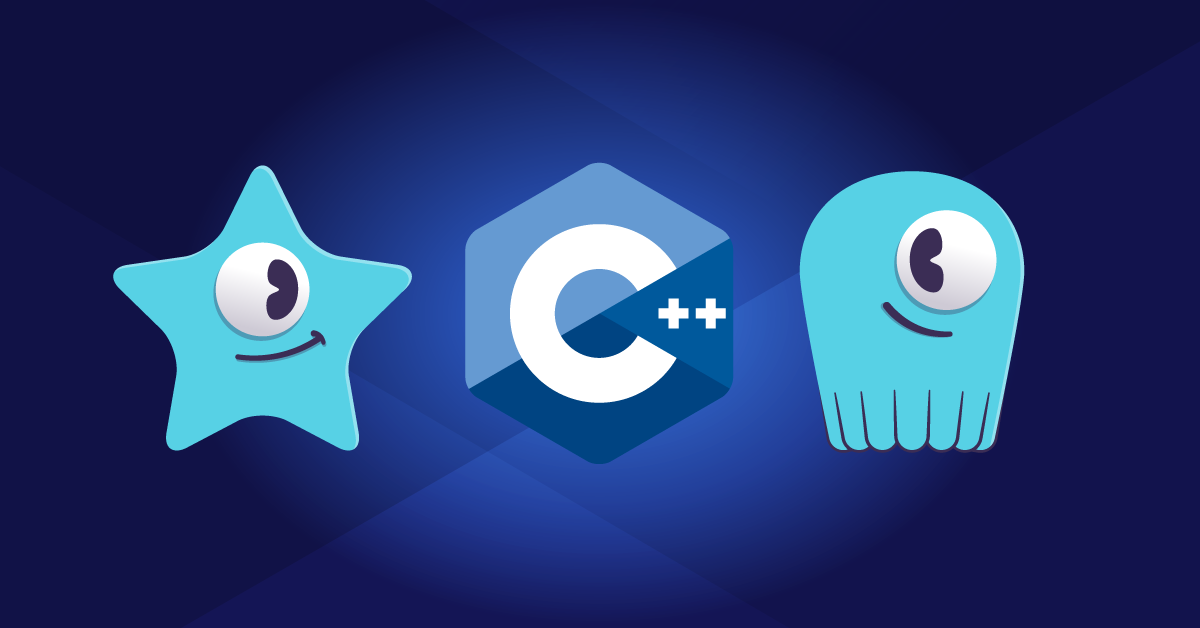Using Copilot Chat with C++ in VS Code -- Sinem Akinci
 If you are a C++ developer who uses VS Code as your editor, Copilot Chat can help you with many of your everyday coding tasks by allowing you to iterate with your code in natural language.
If you are a C++ developer who uses VS Code as your editor, Copilot Chat can help you with many of your everyday coding tasks by allowing you to iterate with your code in natural language.
Using Copilot Chat with C++ in VS Code
by Sinem Akinci
From the article:
We have just released a new YouTube video demonstrating the power of Copilot Chat in C++ code:
We cover how Copilot Chat can provide enhancements to your C++ coding scenarios like:
- Simplifying and refactoring existing code
- Generating new code and iterating with the prompt
- Generating and explaining new test cases
- Refactoring test cases to new frameworks
- Understanding errors with your code
- … and more!

 Seastar announces that now that C++23 is available, they will support C++23 and C++20 (dropping support for C++17) in accordance with their support policy
Seastar announces that now that C++23 is available, they will support C++23 and C++20 (dropping support for C++17) in accordance with their support policy